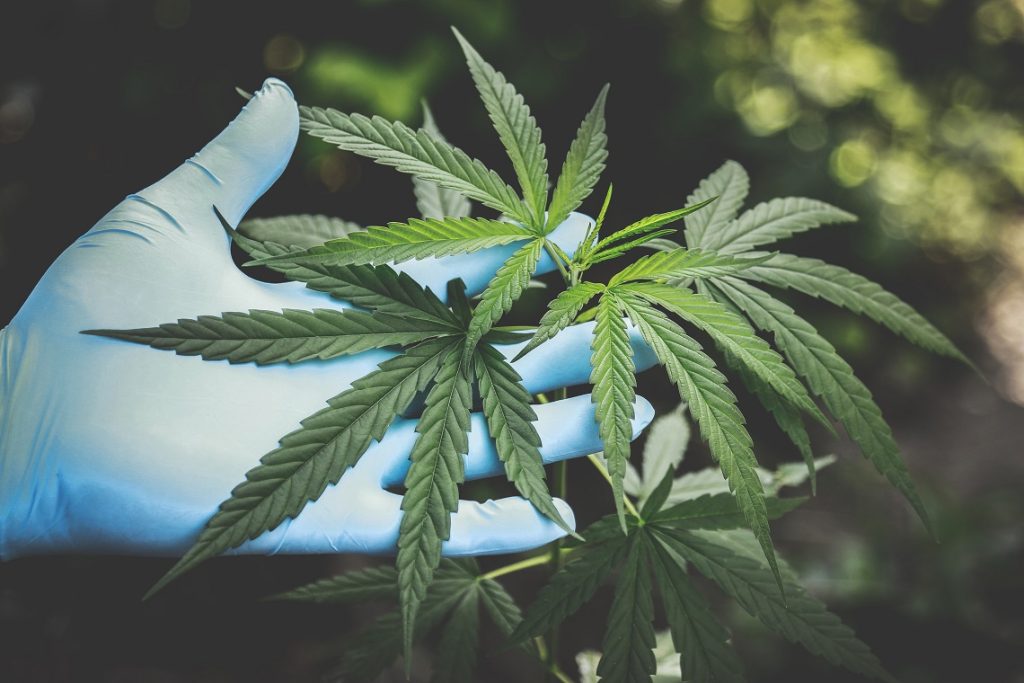
Cannabis helps to reduce the emotional impact
Post-traumatic stress disorder is a severe anxiety disorder that can develop after exposure to any event that involves psychological trauma. Cannabis reduces the emotional impact of traumatic memories through synergistic mechanisms that make it easier for people with PTSD to sleep and feel less anxious, with reduced flashback memories. Whilst Israel allows medical cannabis use for any of its soldiers suffering from PTSD, an effort to persuade the U.S. administration to legalize cannabis for disabled war veterans who suffer from the condition was met with rejection from the White House. Gil Kerlikowske, Director of the Office of National Drug Control Policy, stated in June 201, that cannabis is not a benign drug and does not meet standards of safe or effective medicine. This is incorrect.
Cannabis helped in the rehabilitation of the military after the Afghanistan
One in five Iraq and Afghanistan veterans suffer from PTSD, and those who do seek treatment are prescribed expensive pharmaceutical drugs. Of these, nearly 20% will be given dangerous opioid-based narcotics like OxyContin and Vicodin instead of cannabis. According to a new study in The Journal of the American Medical Association, researchers found that while less than 7% of veterans without any mental health problems were prescribed addictive opiate painkillers, almost 18% with PTSD received a prescription for them.
Opioid-based drugs are unsuitable for PTSD treatment and it is alarming that Vicodin is one of the top U.S. pharmaceutical products prescribed when medical cannabis is far superior in terms of efficacy and cost. OxyContin is a $3 billion business and even more profitable than Vicodin for pharmaceutical companies and their investors.65 We can safely assume that the Office of National Drug Control Policy is fully aware of these statistics, and there is undoubtedly something morally wrong in denying combat veterans appropriate medication that not only works but has been requested by the veterans themselves. PTSD has been recognized in combat veterans since Roman times, but it is only recently that the military has been forced to address the issue. It was found after the Falklands war in 1982 that returning British soldiers were badly affected by the brutal fighting and within ten years more veterans had committed suicide than died in the actual conflict
According to HealthDay News (March 2012), suicides among U.S. soldiers rose by 80% from 2004 to 2008. An Army study found that as many as 40% of these suicides may have been linked to combating experience in Iraq. Lead researcher Michelle Canham-Chervak, a senior epidemiologist, stated:
“Our study confirmed earlier studies by other military researchers that found an increased risk of suicide among those who experience mental health diagnoses associated with the stresses of war.”
Michael Krawitz, Executive Director of Veterans for Medical Cannabis Access (VMCA) and a plaintiff in Americans for Safe Access v. Drug Enforcement Agency, admits that the Veterans Association (VA) is trying to make progress. “The Army and Veterans Administration are trying their best to deal with these issues and have gotten pretty creative: employing meditation, yoga, and even service dogs to assist [veterans] dealing with PTSD. But they haven’t yet discovered cannabis.”